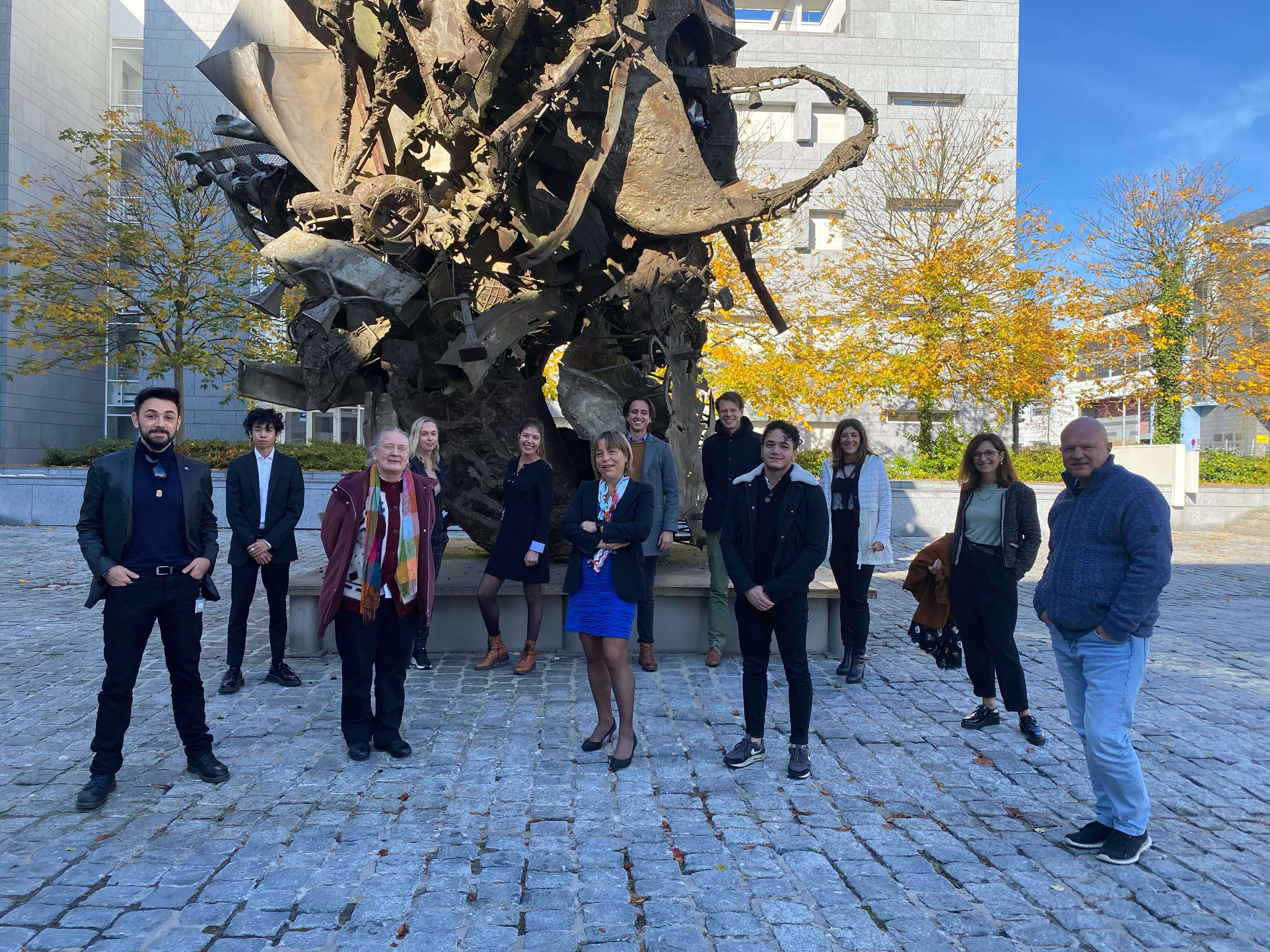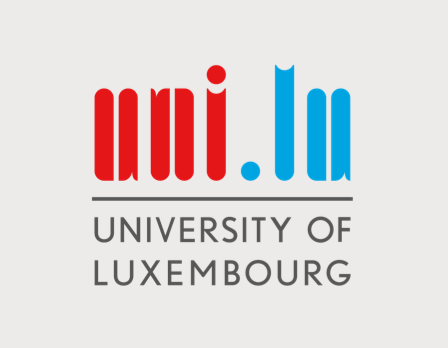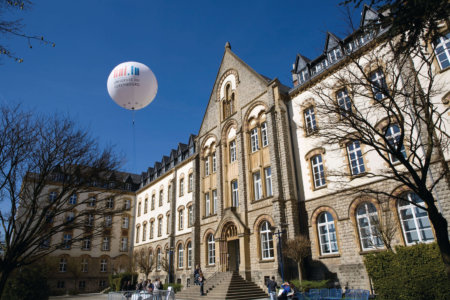“A multilingual and relatively young, flexible environment” with a winning combination of “professional and academic lecturers” — that’s how graduate Claudia Fiore describes her impression of the University of Luxembourg. She had completed a bachelor’s in Economics and Management in her home country Italy before realising that she wanted to earn an advanced degree. Her goal? To find an institution that would give her a truly international experience.
After conducting some research, she decided on the University of Luxembourg. Similar to the city it’s named after, the University of Luxembourg is quickly making a name for itself as a noteworthy institution in its own right. Times Higher Education has ranked it among the top 25 young universities worldwide as well as the top 300 universities globally. With its small, close-knit community feel, internationally-recognised programmes, and forward-looking, global approach to education, the university offers distinctive undergraduate and postgraduate experiences for any student looking to expand their horizons.
The University of Luxembourg is easily one of the most exciting institutions in Europe to be in for business and economics graduates. Its Faculty of Law, Economics and Finance (FDEF) is in the top-ranked financial centre in Europe, making for a dynamic and cosmopolitan playground for future leaders in the field.
The university’s close links with the city’s many businesses, startups, and financial institutions ensure that most programmes are tailored according to market needs. For example, the Master in Accounting and Audit, which Fiore decided to pursue, was developed in partnership with leading academics and practitioners, offering scientifically-based in-depth knowledge of all specialist areas that are relevant to the fields of accounting and auditing.
That’s not to distract from the university’s emphasis on practical exposure, such as internships and mobility programmes. Take the story of Valentin Roulez, a graduate of the MSc in Finance and Economics programme, for example. He had the opportunity to undertake an internship at the Banque de Luxembourg as part of his studies.

Source: University of Luxembourg
“The internship allowed me to understand how the theory I learned in class is put into practice,” he shares. “My lectures about the asset and fund management industry helped me understand the functions of depositary banks, transfer agents, distributors, and other players in the fund industry. Looking at the reality of the fund market, I realised just how large and complex the fund industry really is.”
Fiore similarly applied for a student job in finance at the beginning of her year, juggling her work and academics at the same time. “I think that the university has a unique, flexible environment and this encouraged me not to limit myself in my working choices,” she says. She found the Career Centre especially useful. “It is really proactive and there are different organised events to get in touch with companies.”
It’s only natural, then, that the seemingly endless repository of opportunities and experiences offered by the university attracts students from all over the world. At the moment, the university is home to students from 130 nationalities, as well as a diverse community of staff and professors. It is common to find students across the university’s three campuses speaking a multitude of different languages. This gives students here an added advantage: that of being surrounded by a multicultural and inherently international learning environment.
This is in part enabled by the university’s unique multilingual curriculum. Programmes here are often taught in two to three languages — encompassing French, English, German and Luxembourgish. This allows students to learn beyond the expected curriculum of a traditional master’s degree, and has earned the university a place among the top three institutions worldwide for its international outlook.

University of Luxembourg offers an environment that is as inspiring as it is motivating. Source: University of Luxembourg
The University of Luxembourg remains fairly small, with only 6,783 students, 950 doctoral candidates and 283 professors. This not only makes for a close-knit, supportive, and intimate community, but allows students to benefit from small class sizes and form privileged relationships with the institution’s esteemed academic body.
Students at the University of Luxembourg are just as engaged outside lecture halls too.
“As far as student life goes, the university has a number of student associations that throw events, and you can actually create a student association of your own,” says Sheena, a US-born master’s student based at the Belval Campus, the university’s main site. “The university also offers a Campus Sport programme, and they have classes such as yoga, kickboxing, and self-defence.”
Lifestyle aside, travelling is also convenient for students — Luxembourg offers free public transport for everyone, while getting to the city centre is convenient with the train.
All in all, the University of Luxembourg offers an environment that’s as inspiring as it is motivating. It’s certainly an experience Fiore will never forget. “I feel that being part of the University of Luxembourg eased my adaptation to another country. Luxembourg is finally home for me.”
Follow the University of Luxembourg on Facebook, Twitter, Instagram, LinkedIn, and YouTube













